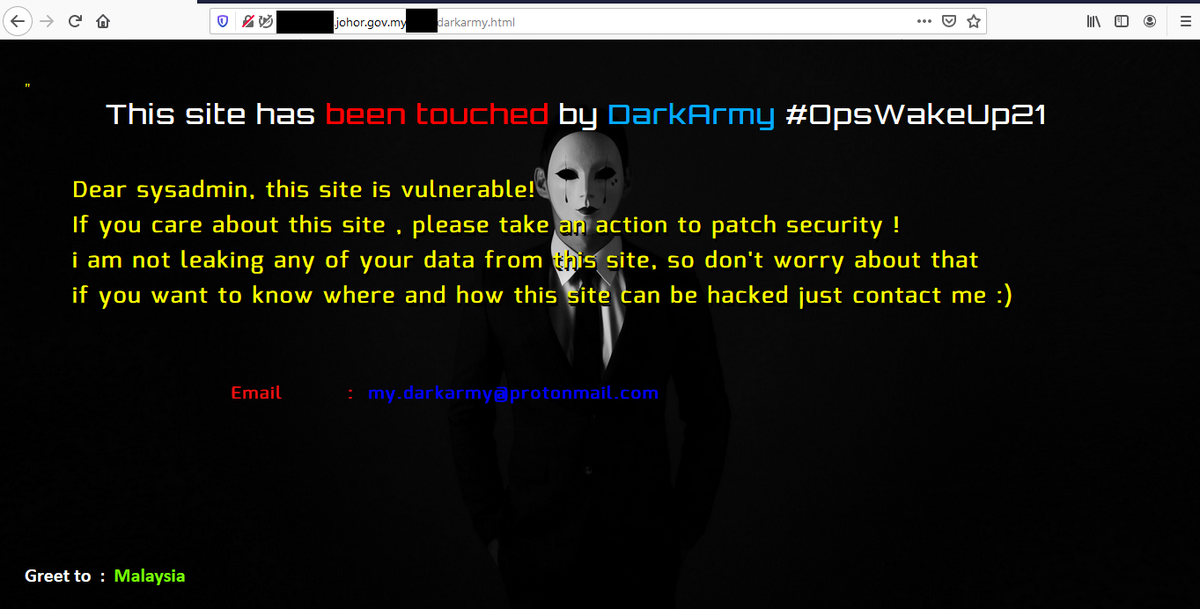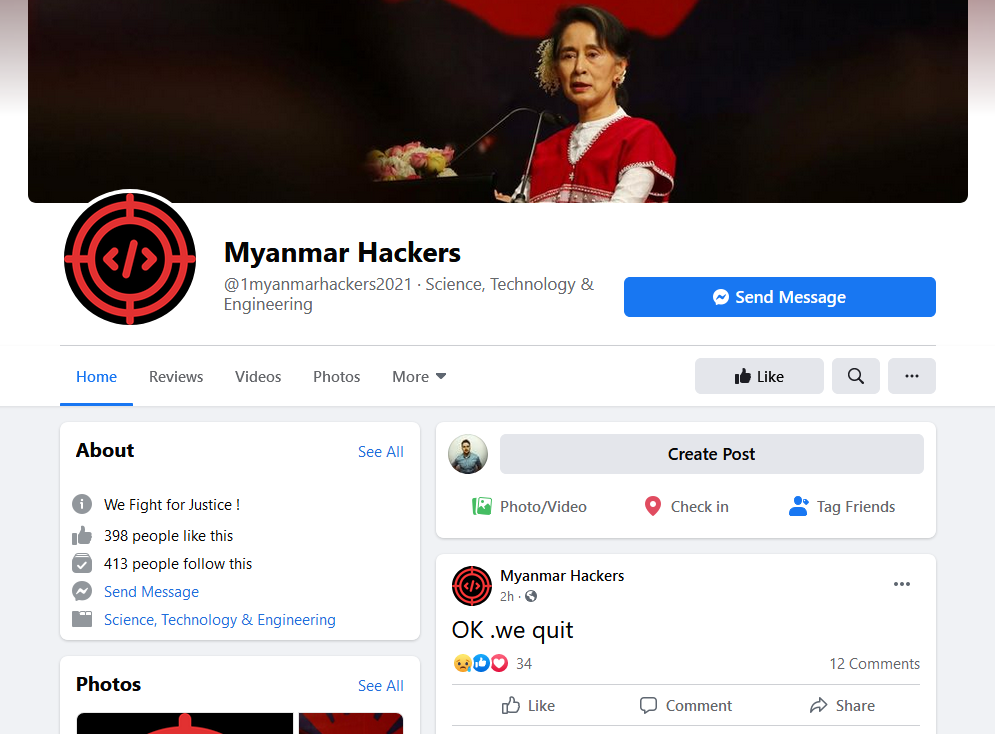Back in the early days of filesharing clients and bittorrent being the focus of industry anti-piracy efforts, it was rare but not unheard of for end users to be targeted with lawsuits and criminal prosecution for copyright infringement. With the piracy ecosystem largely moving off of those kinds of filesharing platforms and more into a realm in which end users instead simply stream infringing material over the wire, rather than downloading it directly to their own machines, the focus on the consumer of pirated material has fallen by the wayside. Instead, the focus is now on the infringing sites that offer those streaming materials to the public. This makes a great deal of sense, actually, as the average user plausibly can claim ignorance as to the illicit nature of streamed material, combined with the simple fact that, unlike bittorrent technology, streaming material doesn’t simultaneously offer it up to others as well.
Again, this makes sense.
Well, someone should reach out to the Malaysian government, because its new plans to fight piracy occurring with the aid of in-house Android boxes includes a strategy to prosecute any homeowner where such a device used for infringement exists.
There are many strategies available but the government in Malaysia is currently considering something unheard of anywhere on the planet. While it hasn’t shied away from ordering ISPs to block pirate sites, it now wants to hit consumers of content too, specifically those using Android-style set-top boxes.
The mission of the National Film Development Corporation Malaysia (FINAS) is sometimes compared to that of the MPAA in the US. Unlike the MPAA, however, FINAS is a government department within the Ministry of Communications and Multimedia. Its chairman, Datuk Hans Isaac, says that it’s time to hold the public accountable for piracy.
“I’m putting a paper together to propose that the owner of the house is responsible for the use of illegal Android TV boxes,” he said at the Fast Track 2019 Creative Digital Economy Forum in Cyberjaya.
This plan should raise the eyebrows for several reasons. The whole thing looks a bit like the strategy used by copyright trolls, where IP addresses are used to identify infringers, except that IP addresses make for shitty evidence as to who is actually infringing. After all, the account holder of an internet service isn’t the only individual who might use that service. The same goes with homeownership, except more so (more on that in a moment). If IP addresses are bad at determining who actually infringed on a copyright, home-ownership records must represent a step further back from actual evidence.
And the government isn’t even trying to pretend that its plans will make good on catching the party actually infringing copyright.
In the United States, Europe and elsewhere it’s not uncommon for copyright trolls to blame Internet subscribers (often the homeowner) for Internet piracy. However, it seems that FINAS wants to take things a whole lot further by placing the responsibility for piracy on those who may be innocent and/or completely absent.
“It doesn’t matter if the person is renting the house to another person who bought the device,” the FINAS chairman clarified.
This can be paraphrased as: “We’re not actually all that concerned if we catch the infringing party. We mostly just want someone to blame for all of this, so we’ll settle for whoever owns the abode, whether they live there or not.” The potential that this new plan will ensnare innocent parties is nearly 100%. It’s also going to be absolute hell for the real estate rental market. That sound you hear is a thousand Malaysian real estate lawyers scrambling to revise lease agreements for their customers.
Open for discussion is exactly how effective all of this will be anyway.
Norman believes that when tackling the problem, the Malaysian Communications and Multimedia Commission (MCMC) should consider restricting Internet access to those who utilize pirate services.
Again, it remains unclear how the government could determine who these people are. The main problem cited isn’t easily-trackable BitTorrent users but those who frequent streaming sites, portals, and other services.
Which is why the strategy has always been to go after and/or block the sites themselves, rather than the end user streaming the content. What silver bullet the Malaysian government has crafted to be able to track this sort of thing remains unknown at this point.
But what isn’t unknown is just how antithetical to justice this plan is.
Permalink | Comments | Email This Story
Techdirt.






